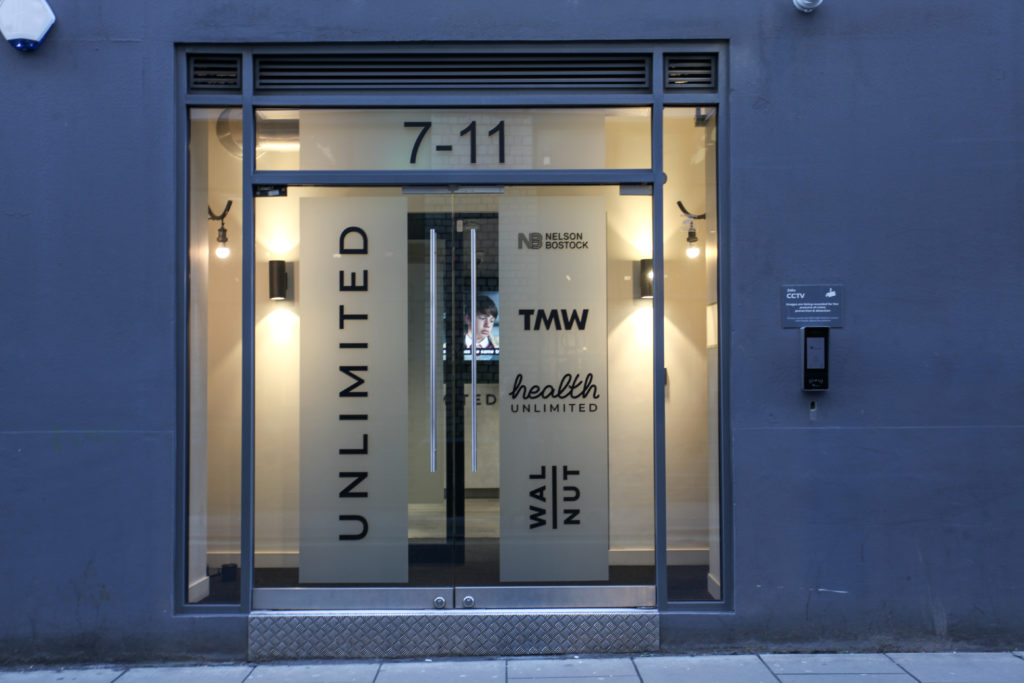At the end of 2023, we moved our offices back into the centre of Soho, the undisputed heart of London’s LGBTQ+ scene. As February is LGBTQ+ History Month, our DE&I committee thought it was important to pay homage to the space where we are lucky enough to reside – and, in doing so, we discovered a fascinating history underlying ‘queer spaces’ as a whole.
What is LGBTQ+ History Month?
Unlike Pride, LGBTQ+ history month is primarily focused on education, rather than celebration. It’s an annual month-long observance of lesbian, gay, bisexual and transgender history, alongside the history of the gay rights and related civil rights movements.
As an area, Soho holds an incredible history. However, as we looked to understand more about the area of our agency base, we found that many of the dedicated queer spaces were disappearing at an alarming rate – proving, more than ever, why it’s important to educate ourselves about the histories surrounding us.

Coming Out Of The Closet
The first iteration of a queer space was more metaphorical than literal, given the term ‘the closet’. ‘The closet’ was a space in which all queer people were placed, either by themselves or by others. Its significance was so high that, in the late sixties when the Gay Liberation movement launched itself onto the streets of New York, they did so with the slogan “Out of the Closets and Into the Streets”. Their activism helped establish public queer spaces as the community refused to be hidden away and began demanding visibility and safe places to meet.
In the beginning, queer spaces largely took the form of nightclubs. Newly out of the closest and still largely shunned by society, queer communities flourished there, something which photographer Wolfgang Tillman said was “testing the limits of what societies deem acceptable.” However, this visibility was often accompanied by violence, the most notable being the Stonewall Riot in 1969.
Soho Today, and the Threat of Erasure
Over in the UK, Soho’s reputation began even earlier, as far back as the early 1900s when the police would carry out raids and investigations. Homosexuality was illegal, and Soho was often critiqued as “a rendezvous for sexual perverts”.
In 2024, things are undoubtedly much different. Now, many queer identities are protected by law, but anti-queer sentiment still runs deep within parts of society, and despite Soho’s fun-loving reputation, we found that many of its queer spaces are facing potential closure.
Since 2021, 58% of LGBTQ+ nightclubs have been forced to close, some for financial reasons, but many of them due to the threat of violence. The latest victim of this is G-A-Y Late, a Soho staple, which has been forced to close due to attacks on both staff and attendees.
Queer Solidarity at Work
Anti-queer violence has one aim – to erase. For many in the community, it is an unfortunate but expected part of the queer experience. But it shouldn’t be. We, as an agency, are committed to doing our part to protect the LGTBQ+ community. We believe that it is all of our responsibilities to take action, understanding history and ensuring that it doesn’t repeat.
To that end, this February we’ll be sharing educational resources with our team, and getting out and about in the Soho area to take advantage of the incredible history in the places around us.
If you’re on the hunt for things to do in the City, check out this handy guide. And, the next time you find yourself in the Soho area – take a look around and appreciate the colourful and eclectic mix of places surrounding you. Then come and visit us on Lexington Street. We’d love to invite you into our space.

